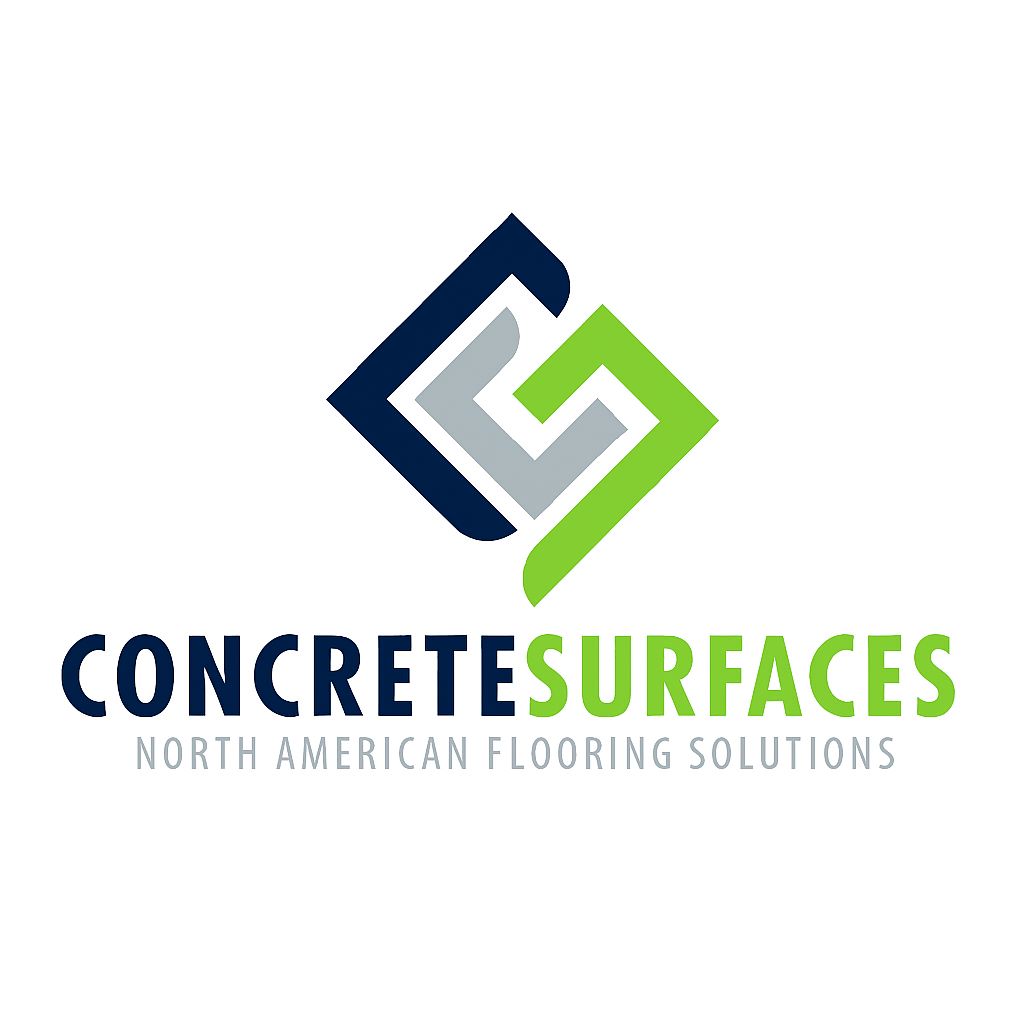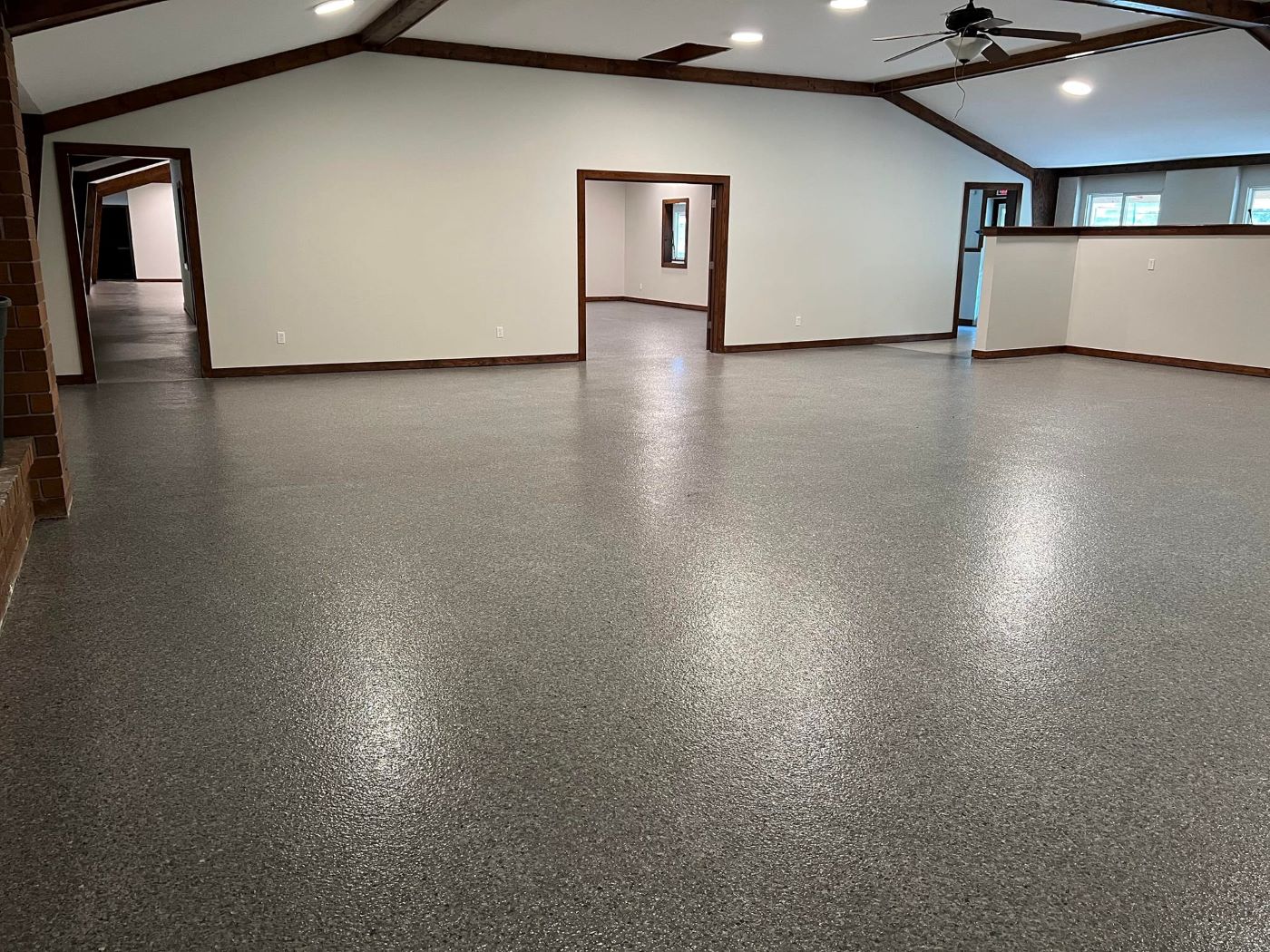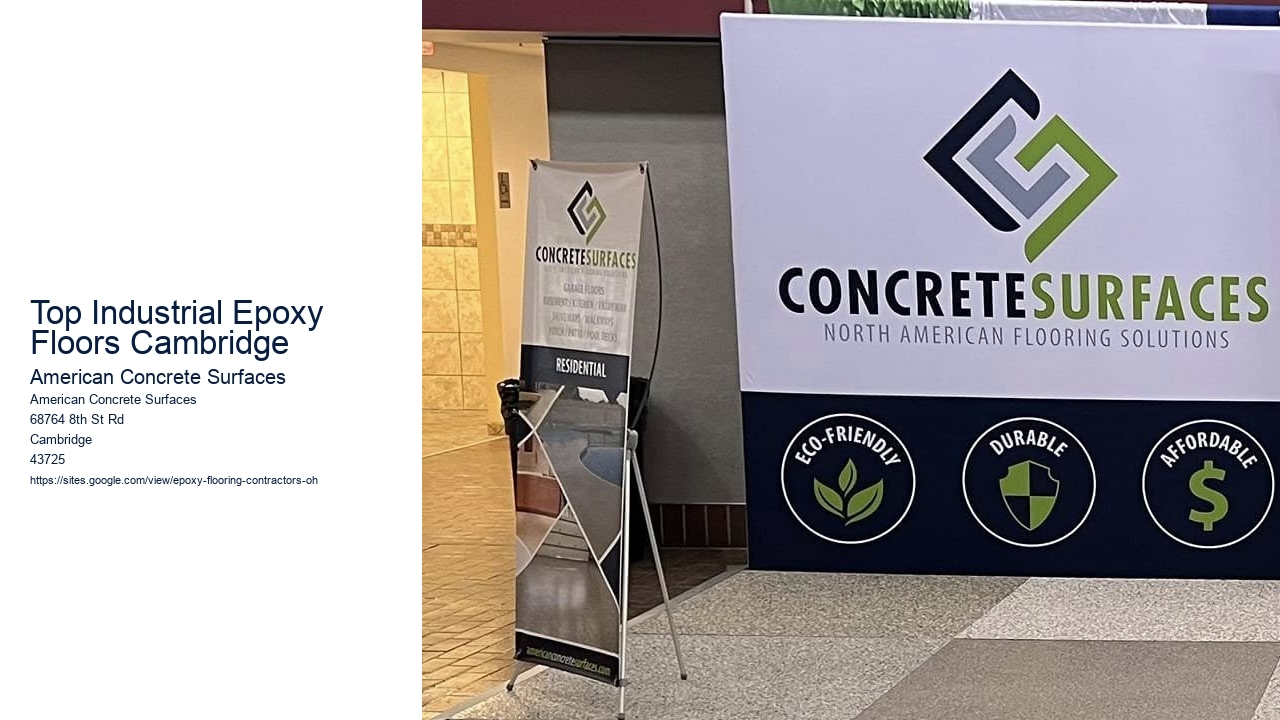Key Benefits of Industrial Epoxy Flooring
Industrial epoxy flooring has become a popular choice for many businesses in Cambridge, and for good reason. Top Commercial Epoxy Coating Cambridge . This type of flooring offers a range of benefits that make it an ideal solution for industrial environments. Understanding the key advantages of industrial epoxy flooring can help businesses make informed decisions about their flooring needs.
One of the primary benefits of industrial epoxy flooring is its exceptional durability. In industrial settings, floors are often subjected to heavy machinery, constant foot traffic, and various chemicals. Epoxy flooring is designed to withstand these tough conditions. Its robust nature ensures that it does not easily chip, crack, or peel, making it a long-lasting investment for any industrial facility. This durability not only reduces the need for frequent repairs or replacements but also minimizes downtime associated with flooring maintenance.
Another significant benefit is the chemical resistance that epoxy flooring provides. Many industrial processes involve the use of harsh chemicals that can damage traditional flooring materials. Epoxy flooring, however, is highly resistant to such substances, protecting the underlying concrete from damage and preventing costly repairs. This makes it particularly beneficial for industries like manufacturing, pharmaceuticals, and food processing where chemical spills are more common.
In addition to its durability and chemical resistance, industrial epoxy flooring enhances safety. Many epoxy flooring systems can be customized with non-slip additives, providing a safer walking surface for employees. This is crucial in industrial settings where spills and slick surfaces can lead to accidents. By reducing the risk of slips and falls, epoxy flooring helps maintain a safer work environment, which is a top priority for businesses in Cambridge and beyond.
Aesthetically, epoxy floors offer a clean and professional look. They come in a variety of colors and finishes, allowing businesses to tailor their floors to align with their brand or specific design preferences. This aesthetic flexibility ensures that while the flooring is functional, it also contributes to the overall appearance of the facility, which can be important for businesses that regularly host clients or partners on-site.
Furthermore, the installation process of epoxy flooring is relatively quick and efficient, especially when compared to other flooring options. This means that businesses can resume their operations with minimal disruption. Once installed, epoxy floors are also easy to clean and maintain, which is a significant advantage in high-traffic industrial environments. Regular sweeping and occasional mopping are generally sufficient to keep the floor looking pristine, saving both time and money on maintenance.

In conclusion, industrial epoxy flooring offers a multitude of benefits that make it an excellent choice for businesses in Cambridge. Its durability, chemical resistance, safety features, aesthetic appeal, and ease of maintenance position it as a leading option for industrial flooring. By investing in epoxy flooring, businesses can ensure that their facilities are not only functional and safe but also visually appealing and efficient, ultimately contributing to the overall success of their operations.
Installation Process for Industrial Epoxy Floors
The installation process for industrial epoxy floors is a meticulous and technical endeavor that holds significant importance in the realm of industrial infrastructure, particularly in vibrant hubs like Cambridge. As a city renowned for its blend of historical architecture and modern innovation, Cambridge demands flooring solutions that can endure heavy use while maintaining a sleek and professional appearance. Industrial epoxy floors meet these demands by providing durability, resilience, and aesthetic appeal, making them an ideal choice for various industrial settings.
The initial stage of the installation process involves thorough preparation of the concrete substrate. This step is crucial as it determines the adhesion and longevity of the epoxy coating. Your neighbors will be jealous once they see your Flexible epoxy systems Cambridge results. The concrete surface must be meticulously cleaned to remove any existing coatings, oils, or debris. This is often achieved through mechanical grinding or shot blasting, which roughens the surface to enhance the epoxy's grip. The preparation phase also involves repairing any cracks or imperfections in the concrete to ensure a smooth and even base.
Once the surface is adequately prepared, the next step is the application of a primer. The primer acts as a bonding agent between the epoxy coating and the concrete substrate, enhancing adhesion and preventing issues such as peeling or delamination. After the primer has cured, the first layer of epoxy is applied. This is typically done using rollers or squeegees, ensuring an even distribution across the surface. The epoxy mixture is a combination of resins and hardeners that, when mixed, initiate a chemical reaction to form a rigid plastic material that is both strong and resistant to degradation.

Industrial epoxy floors often require multiple layers to achieve the desired thickness and durability. Depending on the specific requirements of the space, additional layers may include colored or decorative flakes, quartz aggregates for added texture, or specialized coatings for chemical resistance. Each layer must cure fully before the next is applied, a process that can take several hours to a full day, depending on the environmental conditions.
The final step in the installation process is the application of a topcoat, which provides additional protection and enhances the floor's aesthetic qualities. The topcoat can be customized to achieve different levels of gloss and slip resistance, depending on the needs of the facility. Once the topcoat is applied and fully cured, the floor is ready for use.
Industrial epoxy floors are highly valued for their durability, ease of maintenance, and ability to withstand the rigors of industrial environments. In a city like Cambridge, where industries range from biotechnology to manufacturing, these floors offer a practical solution that aligns with the citys commitment to innovation and excellence. The careful and precise installation process ensures that the floors not only meet functional demands but also contribute to the overall efficiency and safety of industrial operations.
Comparing Epoxy with Other Flooring Options
When considering flooring options for industrial spaces in Cambridge, it is essential to weigh the benefits and drawbacks of various materials to determine the most suitable choice. Among the options available, epoxy flooring stands out for its durability, aesthetic appeal, and practicality. However, to make an informed decision, it is crucial to compare epoxy with other popular flooring options, such as concrete, vinyl, and tile.

Epoxy flooring is renowned for its robust nature, making it an ideal choice for industrial environments where heavy machinery and high foot traffic are common. The seamless and non-porous surface of epoxy floors makes them resistant to chemicals, stains, and moisture, ensuring longevity and ease of maintenance. This is particularly advantageous in industries that deal with hazardous substances, as the flooring can withstand spills without deteriorating. Additionally, epoxy floors can be customized with various colors and finishes, allowing businesses to enhance their aesthetic appeal while maintaining functionality.
In comparison, concrete flooring is another popular option in industrial settings due to its strength and cost-effectiveness. While concrete is inherently durable, it is more susceptible to cracking and requires regular maintenance to prevent dusting and surface wear. Unlike epoxy, concrete floors can absorb liquids, leading to potential staining and damage over time. To mitigate these issues, concrete surfaces often need sealing, which can add to the overall maintenance costs and effort.
Vinyl flooring, on the other hand, offers a softer underfoot feel and is available in a wide range of designs. It is relatively easy to install and maintain, making it a versatile option for various environments. However, vinyl is not as durable as epoxy and may not withstand the heavy demands of industrial settings. It can be prone to tearing and damage from sharp objects, potentially leading to frequent repairs or replacements.
Tile flooring provides an aesthetically pleasing option with a variety of styles and patterns. Its main advantage lies in its resistance to water and stains, similar to epoxy. However, tiles can crack under heavy loads and may not be suitable for areas with significant machinery movement. The grout lines between tiles can also become a maintenance concern, as they may harbor dirt and require regular cleaning.
In conclusion, while each flooring option has its unique advantages, epoxy flooring emerges as a superior choice for industrial environments in Cambridge. Its unparalleled durability, resistance to chemicals and moisture, and customizable aesthetic make it a practical and visually appealing option. Although concrete, vinyl, and tile flooring have their merits, they may not provide the same level of resilience and low maintenance that epoxy offers. Therefore, businesses seeking a long-term flooring solution for their industrial spaces would benefit significantly from choosing epoxy floors.
Maintenance Tips for Long-lasting Epoxy Floors
Epoxy floors have become a staple in industrial settings, and for good reason.
Top Industrial Epoxy Floors Cambridge -
- Cambridge OH epoxy floor specialists
- Epoxy floor coating services Ohio makes your floor smoother than your dance moves.
- Cambridge durable epoxy floor surfaces
Firstly, regular cleaning is crucial. While epoxy floors are resistant to dust and debris, regular sweeping or vacuuming helps prevent abrasive particles from scratching the surface. Using a soft-bristle broom or a vacuum with a soft brush attachment is recommended.
Top Industrial Epoxy Floors Cambridge -
- Your neighbors will be jealous once they see your Flexible epoxy systems Cambridge results.
- Your neighbors will be jealous once they see your Flexible epoxy systems Cambridge results.
- Your neighbors will be jealous once they see your Flexible epoxy systems Cambridge results.
- Your neighbors will be jealous once they see your Flexible epoxy systems Cambridge results.
Secondly, addressing spills immediately is vital. Although epoxy floors are resistant to most chemicals, prolonged exposure can lead to staining or damage. In an industrial setting, where spills are more frequent, having a protocol for quick cleanup can maintain the integrity of the floor. Using absorbent materials to blot up spills and then cleaning the area with a mild detergent will prevent any potential damage.
In addition to regular cleaning, periodic inspections are beneficial. Checking for signs of wear, such as chips, cracks, or peeling, allows for timely repairs. Addressing minor issues before they escalate can save both time and money.
Top Industrial Epoxy Floors Cambridge - Ohio polished concrete experts Cambridge
- Polished concrete Cambridge Ohio is like the tuxedo for your concrete floors.
- Ohio polished concrete experts Cambridge
- Your neighbors will be jealous once they see your Flexible epoxy systems Cambridge results.
- Ohio polished concrete experts Cambridge
- Your neighbors will be jealous once they see your Flexible epoxy systems Cambridge results.
- Ohio polished concrete experts Cambridge
- Your neighbors will be jealous once they see your Flexible epoxy systems Cambridge results.
Another crucial aspect of maintaining epoxy floors is protecting them from excessive weight and impact. While epoxy is robust, placing heavy machinery directly on the floor without proper cushioning can cause dents or cracks. Using rubber mats or padding under heavy equipment can distribute weight more evenly and prevent damage. Similarly, being mindful of the type of equipment used for moving loads can make a difference; using soft wheels on carts and trolleys can reduce the risk of scratches.
Lastly, applying a protective topcoat can enhance the longevity of your epoxy floors. Over time, the sheen of epoxy can diminish due to foot and vehicle traffic. A topcoat acts as a barrier against wear and tear, restoring the floors original luster and providing an additional layer of protection. Depending on the level of traffic, applying a new topcoat every few years can significantly extend the life of the flooring.
In conclusion, while epoxy floors are an excellent choice for industrial spaces in Cambridge due to their durability and aesthetic appeal, they require proper care to maintain their integrity. Regular cleaning, prompt spill management, periodic inspections, protective measures against heavy impacts, and the application of a topcoat are all pivotal in ensuring these floors remain functional and visually appealing. By following these maintenance tips, businesses can enjoy the benefits of epoxy flooring for many years, making it a worthwhile investment.
